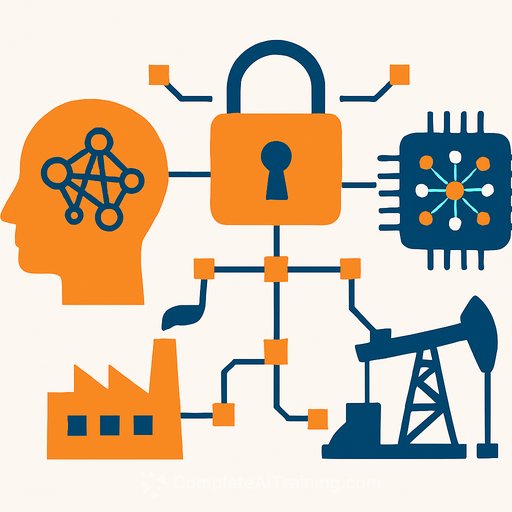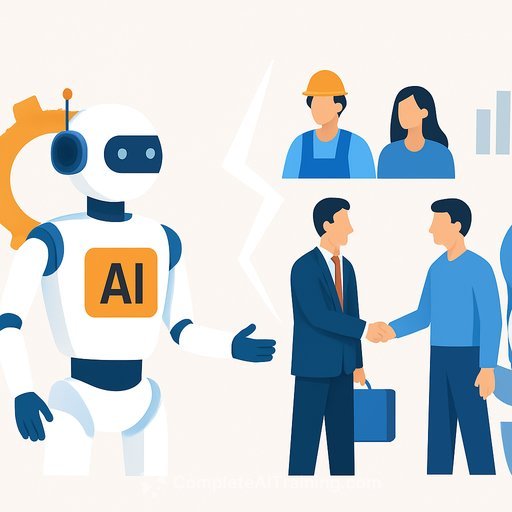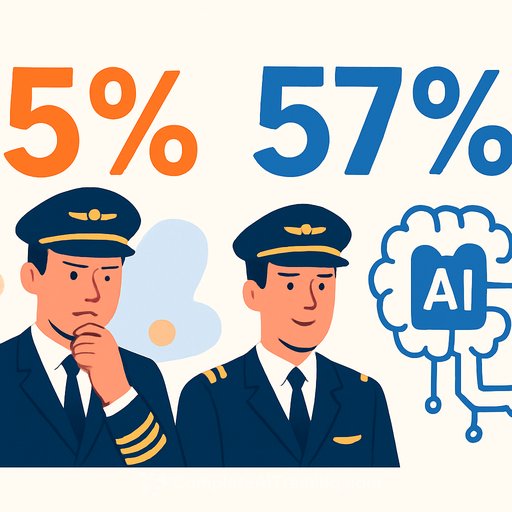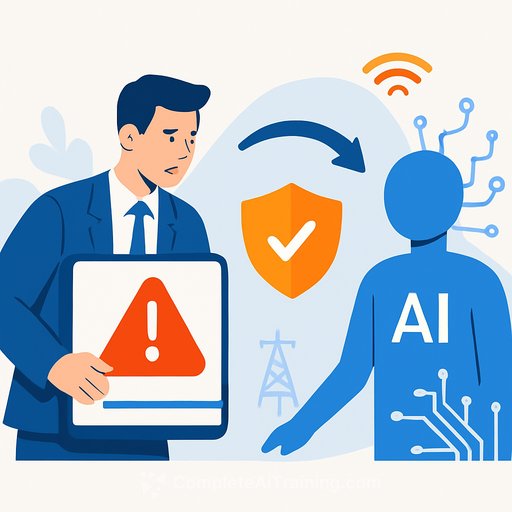Should AI Be Designed to Protect Data in Strategic Industries?
Artificial intelligence continues to dominate conversations across industries, promising faster operations, greater efficiency, and innovative problem-solving. But when it comes to sensitive sectors like finance and healthcare, a pressing question arises: Should AI systems be built to safeguard our personal and corporate data without centralizing it on external servers?
Data fuels AI models, especially large language models (LLMs), which learn from vast datasets. Yet, aggregating this information into a single cloud or server raises concerns about privacy, security, and ownership. The alternative? A decentralized approach that keeps data secure and under the control of its rightful owners, while still enabling AI to deliver value.
Decentralized AI: A New Approach to Privacy and Collaboration
Jiahao Sun, CEO of FLock, offers insights on this topic. FLock has developed a decentralized AI platform that allows communities and organizations to collaboratively build, train, and deploy AI models without compromising data privacy. Their solution integrates federated AI learning with blockchain technology to ensure security, transparency, and data ownership.
Sun’s background in traditional finance highlighted the challenge of data silos—where information remains isolated due to confidentiality and compliance rules. These silos hinder AI adoption, especially when regulations restrict data sharing. FLock’s platform addresses this by enabling “private AI,” where models train without centralizing sensitive data.
How Does FLock’s Platform Work?
- Uses federated learning to train AI models across multiple decentralized data sources.
- Employs blockchain for immutable and auditable records of model training and data use.
- Ensures sensitive data never leaves the enterprise’s own servers, reducing risks of leakage.
- Supports open-source AI models like Mistral, DeepSeek, and Llama.
- Operates as a SaaS solution targeting healthcare providers, banks, and public sector entities.
This approach not only boosts privacy but also meets fiduciary responsibilities and regulatory requirements in sectors where data security is paramount.
What Does the Future Hold for AI and Blockchain?
AI holds immense potential but also presents risks, especially around data privacy. Centralized AI models can expose sensitive information, making them unsuitable for critical industries. Decentralized AI, paired with blockchain, can provide transparency and governance, ensuring that data use is auditable and compliant.
Blockchain’s role here is to maintain transparent, tamper-proof records of how data is accessed and how models are trained. Enterprises like JP Morgan are already exploring private blockchain systems to meet their specific needs.
The conversation around AI’s role in strategic industries is more than a technical debate—it involves balancing innovation with the rights of individuals and organizations to control their data.
Why This Matters for Executives and Strategists
For leaders, the challenge is clear: How to adopt AI technologies that drive growth without compromising data integrity or violating privacy standards. The federated, blockchain-based AI model offers a pathway that respects data sovereignty while unlocking AI’s benefits.
As businesses evaluate AI solutions, prioritizing privacy-preserving architectures will help build trust with clients, regulators, and partners. This approach also future-proofs AI deployments against tightening data protection laws.
Executives can explore AI courses focused on ethical AI development and data privacy at Complete AI Training to better understand how to implement these technologies responsibly.
Ultimately, shaping AI to protect critical data isn’t just good practice—it’s essential for sustainable success in strategic industries.
Your membership also unlocks:






